A river in Quang Binh was the border between Dang Trong and Dang Ngoai for centuries, dividing a country of Trinh - Nguyen conflict. And in the middle of the 20th century, a Quang Tri river with the 17th parallel across was chosen as a temporary military border but became a bloody and tearful symbol of the division of the country. Those who live along those rivers will be the ones who feel the most deeply the pain of separation and they are also the ones who understand most fully the meaning of reunion and attachment.
In that sense, the unification of the two provinces of Quang Binh and Quang Tri to form a new Quang Tri today is a historic reunion of two lands that have shared the same feelings of separation. Therefore, more than anyone else, the people here certainly understand the value of harmony and solidarity.
After all the stories about opportunities and luck, about the open future, about the era of growth when the two provinces of Quang Binh and Quang Tri merged to form a large administrative entity called "Quang Tri", there will be a story of solidarity, of standing shoulder to shoulder, working together to bring this land out of its haunting past.
Those who lived during the period of the merger of the three provinces of Binh Tri Thien from 1976 to 1989 must not have forgotten the folk song "My hometown is between two passes/Sometimes warm and full, often hungry and poor". Ngang Pass on the northern border and Hai Van Pass on the southern side of the Binh Tri Thien strip of land at that time were even more humorously rephrased: Ngang Pass means "poor" and Hai Van Pass, rephrased in the Hue accent, means "hanging shoulders". One side is "poor", the other side is "hanging shoulders", but after decades of perseverance, the strip of land between the two passes is now different. Hue has become a centrally-governed city and Quang Binh and Quang Tri are promising to be a new development pole of the central region of the country.
The lessons of the Binh Tri Thien period need to be looked back at to become experiences for today that the veteran cadres of that period have certainly not forgotten. Therefore, the story of today's merger, not only of Quang Tri, is not only a decision on expanding administrative boundaries or creating new driving forces for socio-economic development for new provinces, the most important story must be to create strength from the spirit of solidarity, turning the strength of solidarity into a driving force for development.
“One tree cannot make a forest/Three trees together make a high mountain”, the old folk song still retains its relevance in these days. The new Quang Tri will have a stronger strategic position, a larger integrated resource, an opportunity to awaken the strength from the plains - mountains, borders - islands, past - future. But above all, the new Quang Tri must be a symbol of harmony, of the spirit and aspiration for the land that once felt the pain of separation, becoming a testament to the strong bond.
To do that is not only a matter of re-planning the boundaries and organizational structure, but also of reconnecting the bonds of sympathy about culture, about people, about the desire for development. We must do something so that every citizen today always sees himself as a part of the new entity, has a voice, has opportunities and has a future in the newly built common house. And for the new Quang Tri to be a dynamic economic region, acting as a connecting center, first of all, people must be connected, the spirit of solidarity must be the foundation throughout all policies. Let me reiterate once again that, in history, we have experienced division, but history also leaves today a great lesson about harmony and solidarity.
An Du
Source: https://baoquangtri.vn/hai-dong-song-va-mot-khat-vong-195540.htm


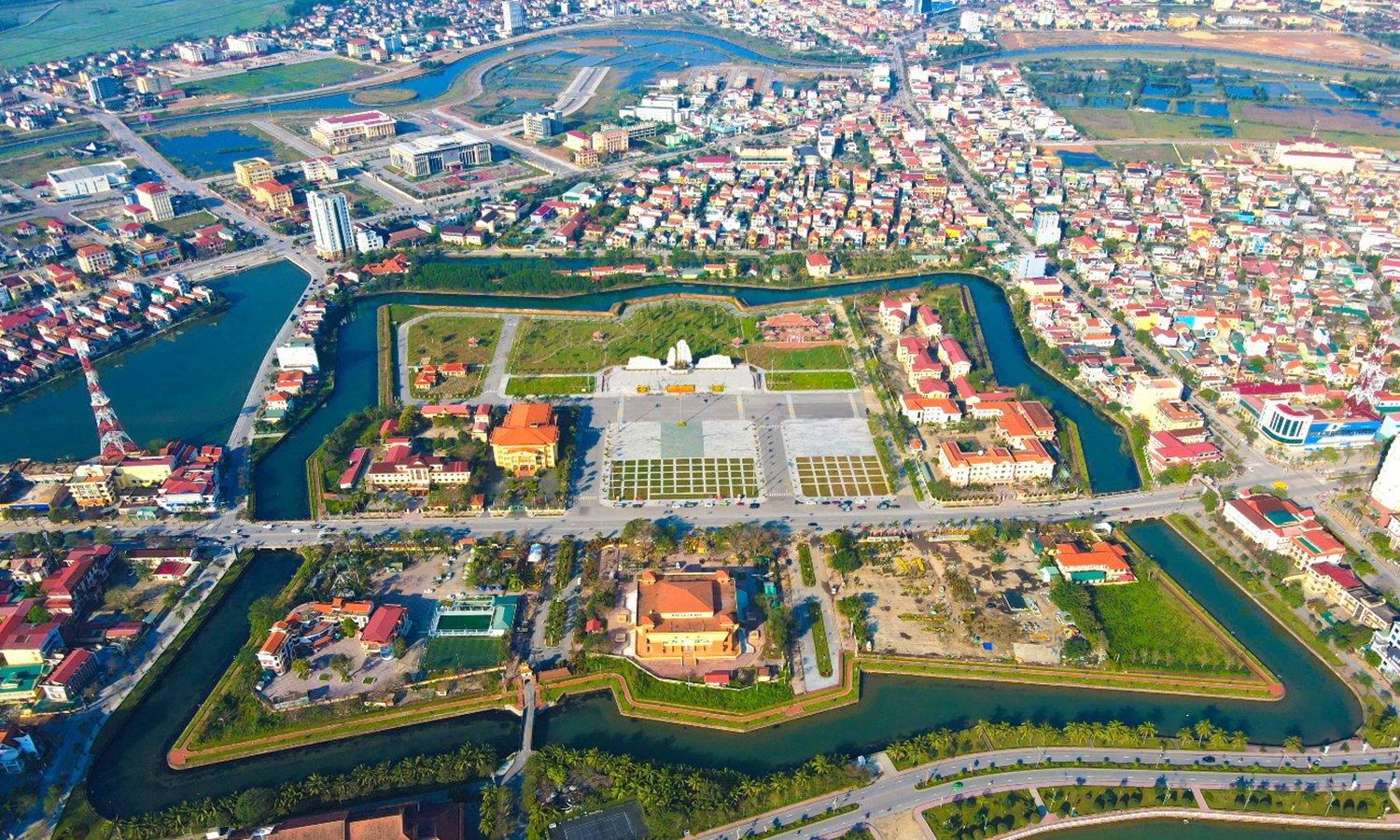

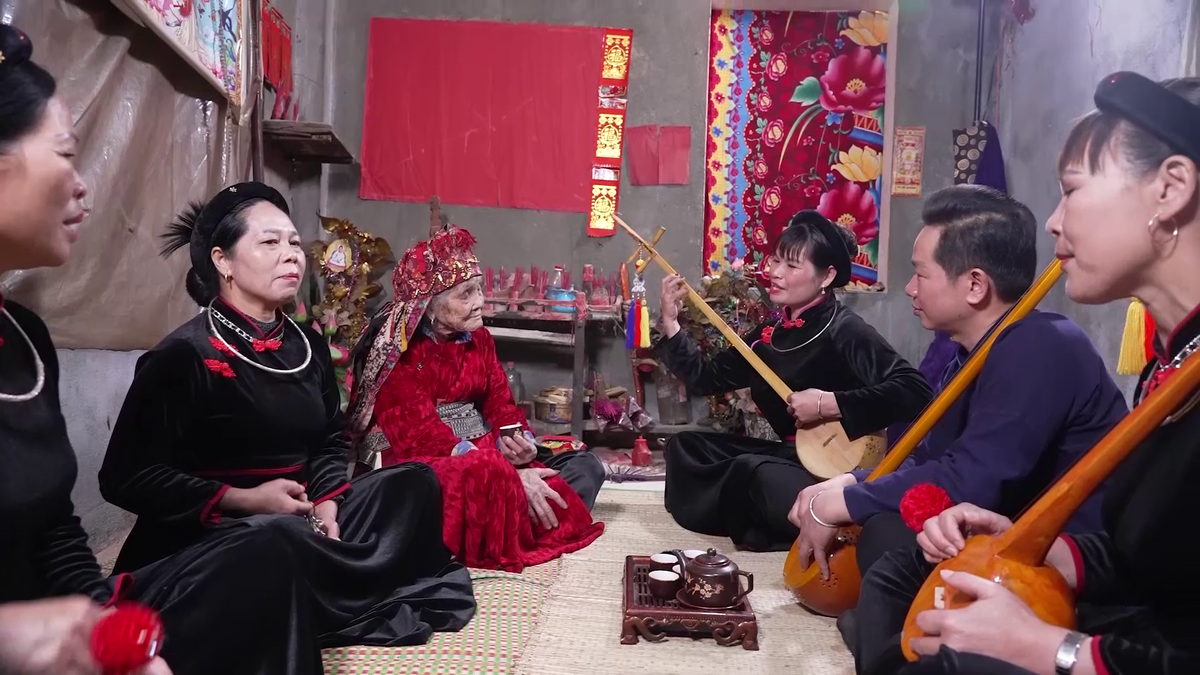



![[Photo] Prime Minister Pham Minh Chinh receives leaders of several leading Brazilian corporations](https://vphoto.vietnam.vn/thumb/1200x675/vietnam/resource/IMAGE/2025/7/6/3622160b379746e6bca82f804ea35e47)
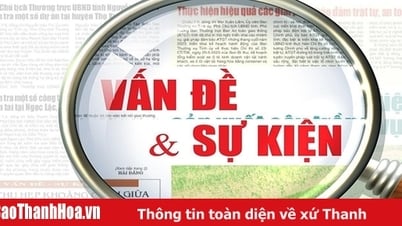

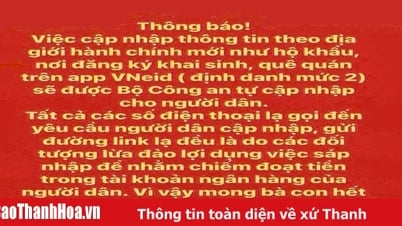
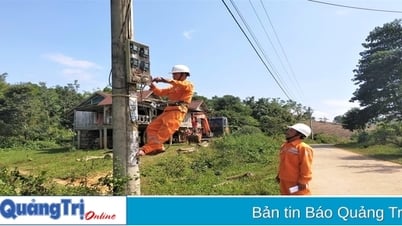






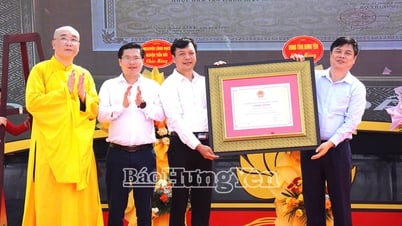



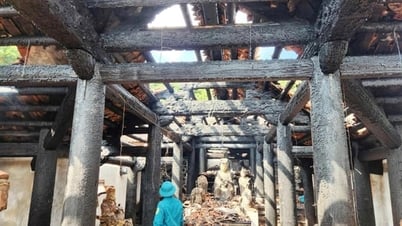



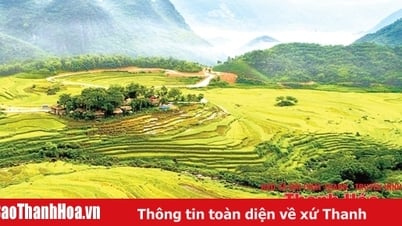













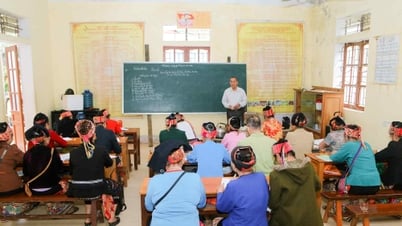

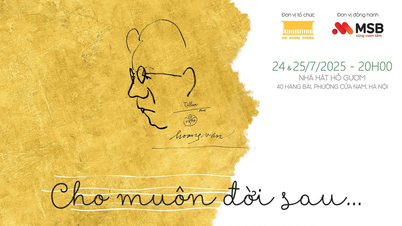



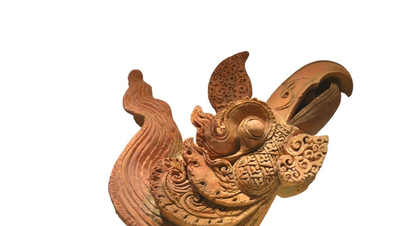












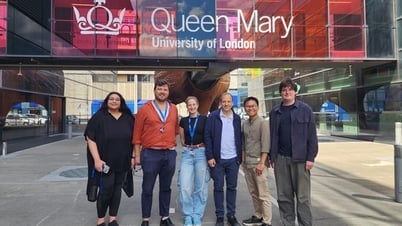

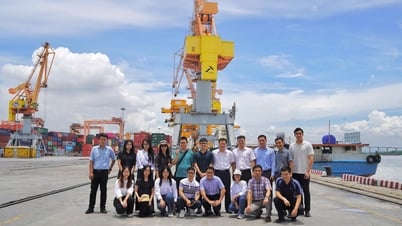


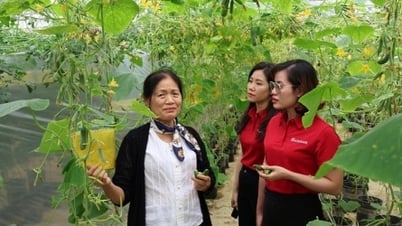




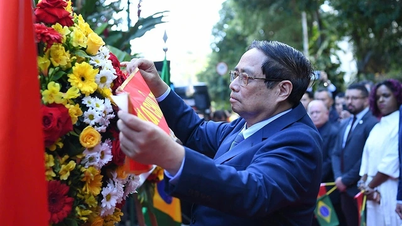











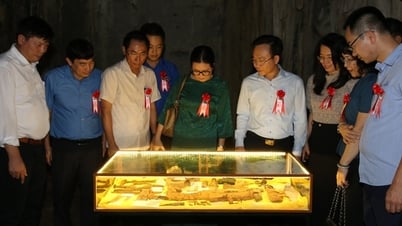








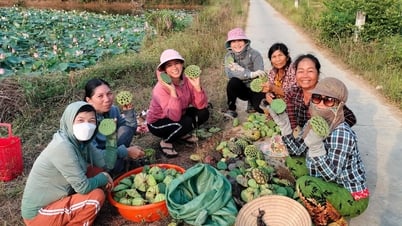

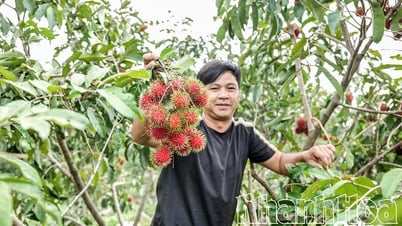




![[OCOP REVIEW] Bay Quyen sticky rice cake: A hometown specialty that has reached new heights thanks to its brand reputation](https://vphoto.vietnam.vn/thumb/402x226/vietnam/resource/IMAGE/2025/7/3/1a7e35c028bf46199ee1ec6b3ba0069e)





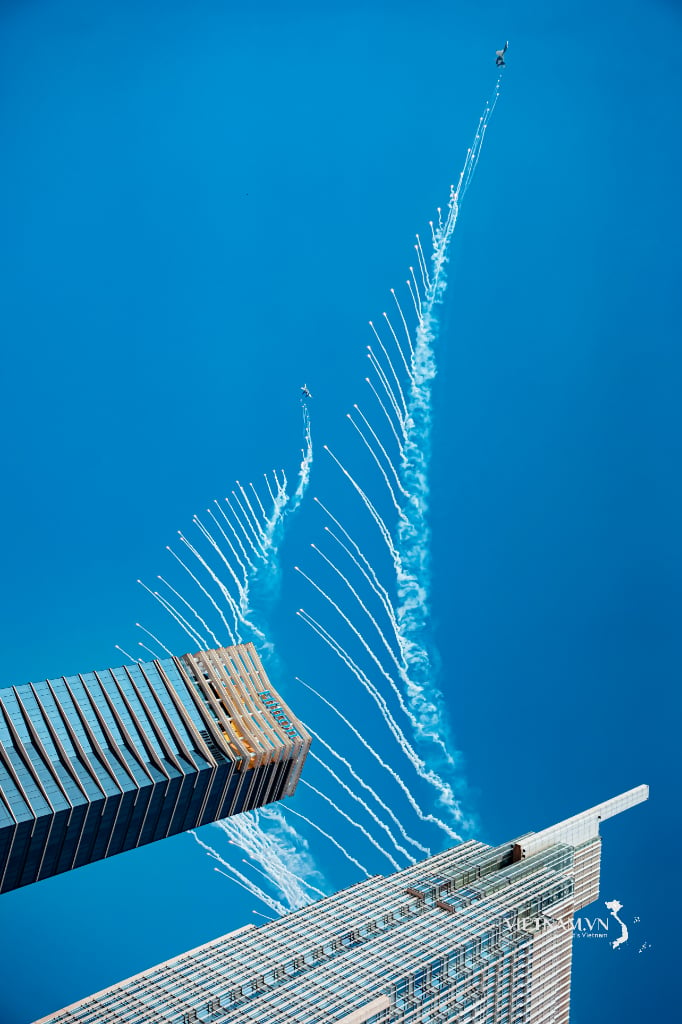
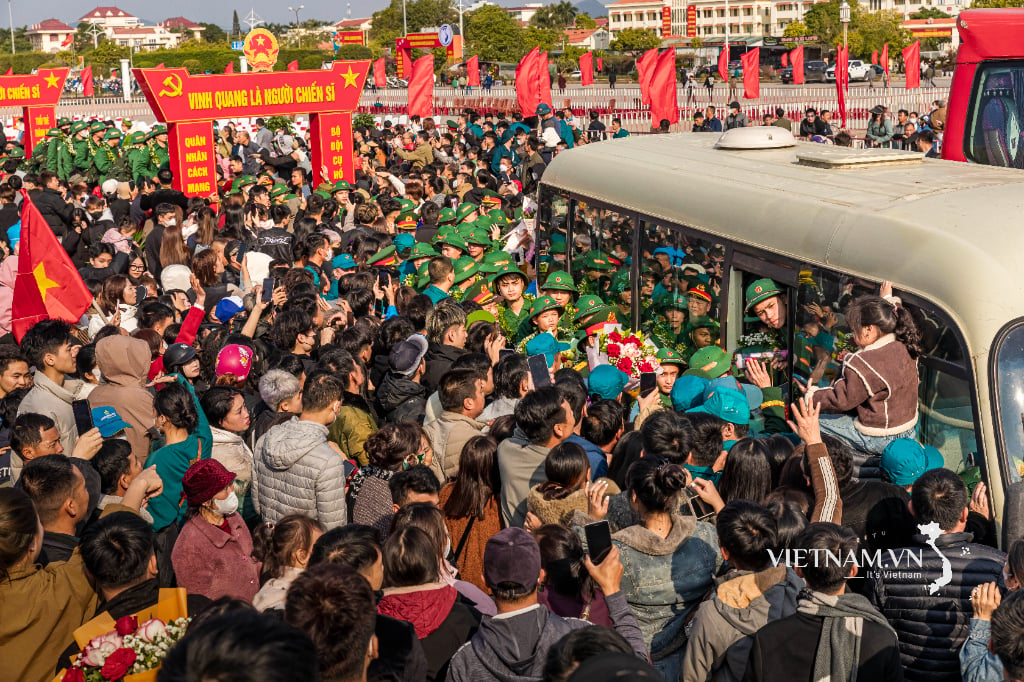
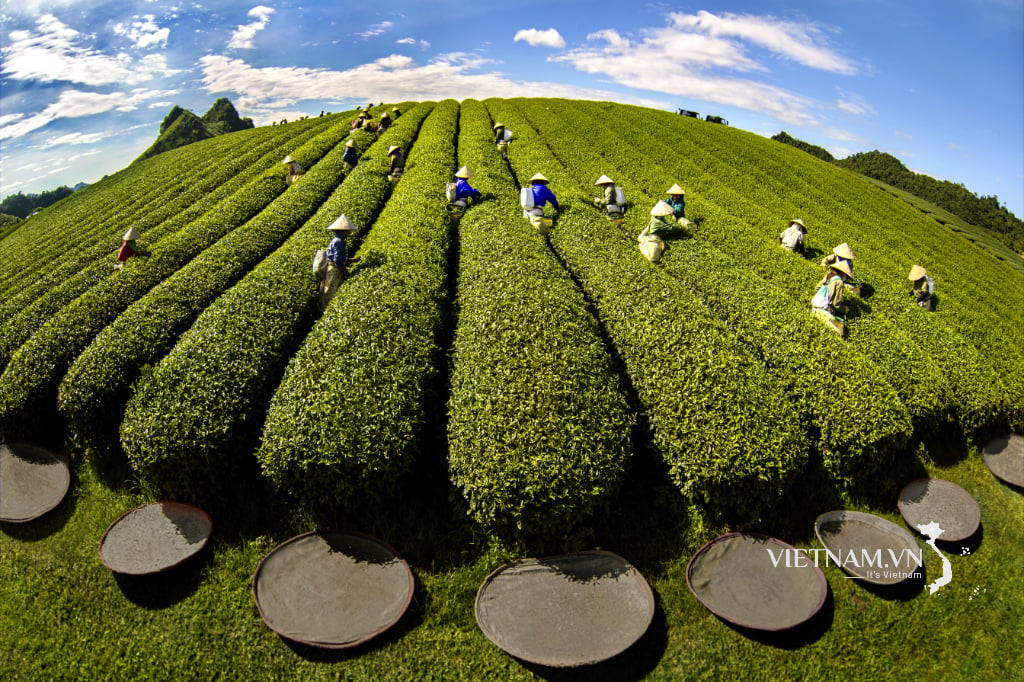

Comment (0)